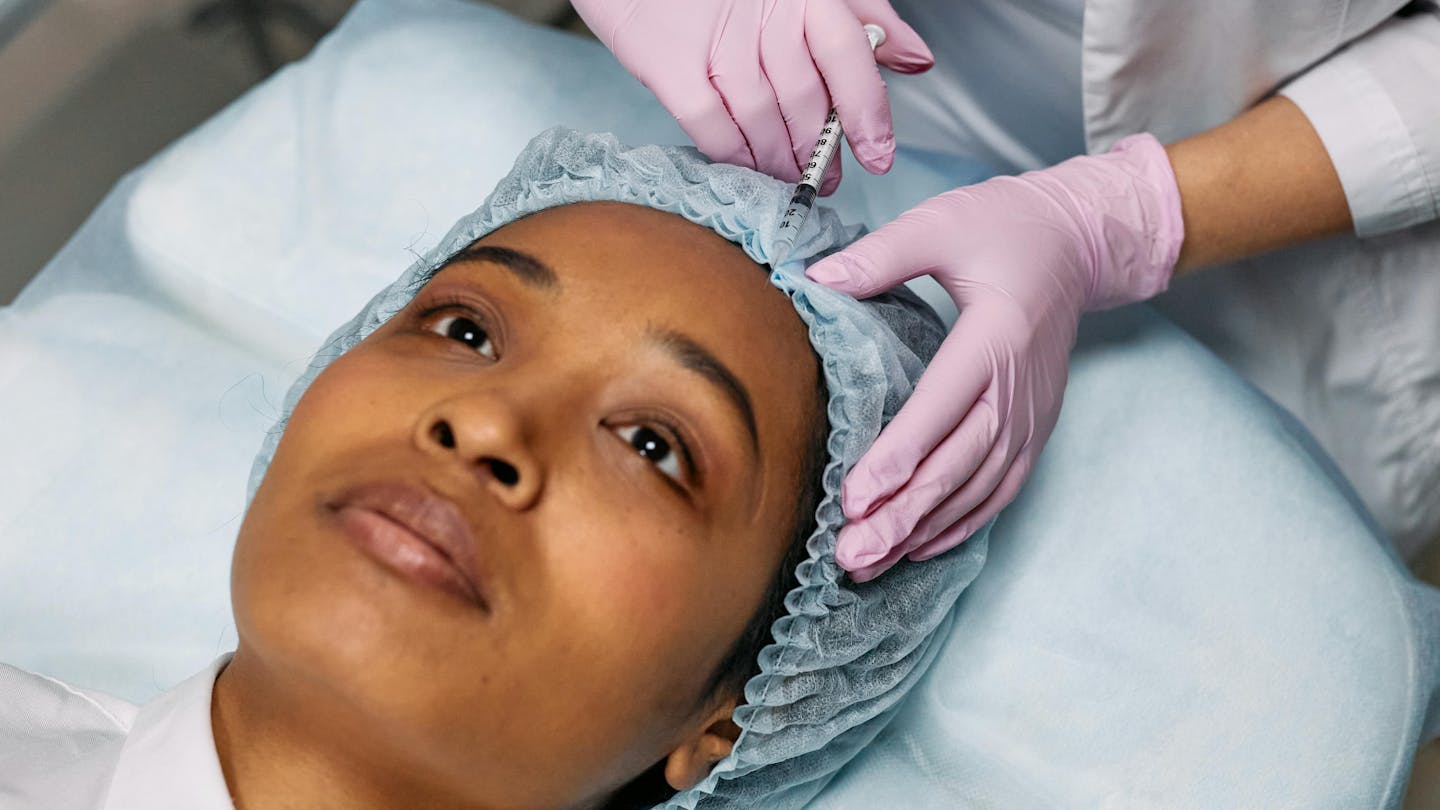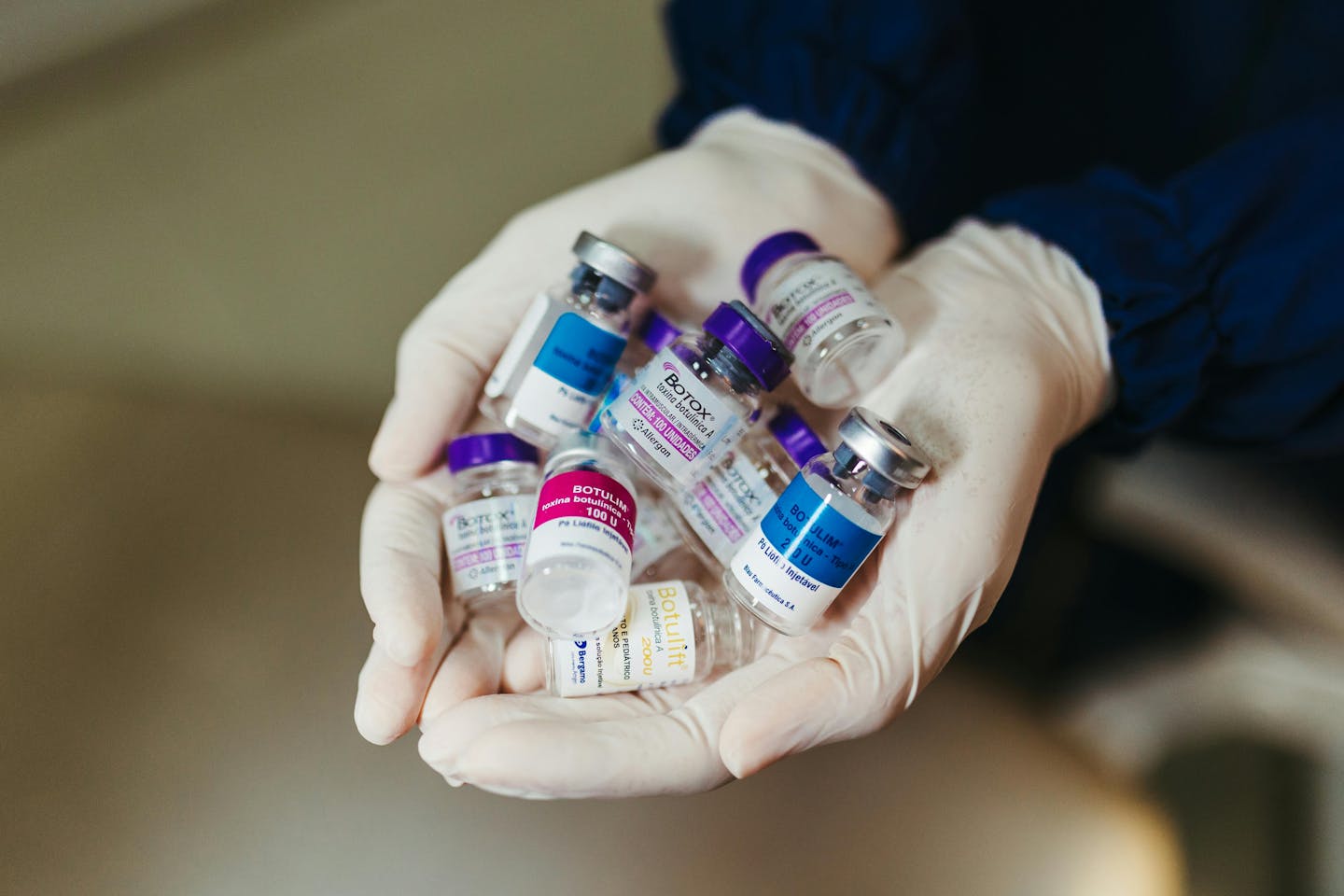
Cosmetic injectables are more popular and socially accepted than ever. In 2024, the Australian market was estimated to be worth US$3.1 billion (A$4.6 billion) and growing fast.
But these aren’t simple beauty treatments. They use serious prescription medicines such as botulinum toxin (Botox) – the most potent neurotoxin ever discovered – and can cause severe complications including botulism, tissue death and hair loss.
New national guidelines for practitioners and advertising came into effect this month to improve safety.
Yet a confusing patchwork of state laws still governs how these “poisons” are prescribed, administered and supplied across the country. Is it time they were made consistent nationally?
A long push
Scholars have long made the case for uniform legislation in this area.
Some 25 years ago, a national review found variation in state poisons laws created “a major cost for industry and, in turn for consumers”.
More recently, the Queensland Minister for Health has advocated for uniform injectables laws across Australia.
This fragmentation might also conflict with Australia’s National Medicines Policy, which states patients should have uniform access to medicines across all jurisdictions.
What do the laws actually say?
In New South Wales, prescriptions for cosmetic injectables are valid for just six months. But in Victoria, Queensland and other states, they last 12 months.
This means patients can legally receive the treatment for twice as long based on a single consultation.
The laws also govern who can buy and keep injectables. Queensland uniquely allows nurses to purchase and hold stocks of Botox, but only under strict conditions requiring special authority from Queensland Health. Nurses can’t buy Botox in other states.
Most other states, such as Victoria and South Australia, follow a traditional doctor-prescribe, nurse-administer model under general prescription drug laws, without the special cosmetic injectable regulations found in Queensland or NSW.
Victoria requires doctors to take “all reasonable steps to ensure a therapeutic need exists” before prescribing cosmetic injectables. In Queensland, treatments must be “reasonably necessary for therapeutic treatment”.
This may create ambiguity for some cosmetic uses that may not qualify as “therapeutic”. These could be considered “off-label” uses (those not approved by the regulator), such as facial asymmetry correction.
But other jurisdictions have no such explicit “therapeutic need” provisions in their legislation.
Why do the laws differ?
Inconsistent state laws in health are the norm in Australia.
When the Constitution was framed in 1901, the federal government wasn’t given a specific power to make laws about health care.
Instead, states retained that authority as an “undefined residue” from their colonial days.
Today, the federal Therapeutic Goods Administration (TGA) classifies substances like Botox as prescription-only through the Poisons Standard. It’s a system dating back to an 1862 “poisons book”.
But due to the states’ authority, this federal classification only becomes law once the states adopt it. While all states have adopted the federal standard, they have also added their own rules.
Significant differences between jurisdictions can create uncertainty, confusion and put both patients and practitioners at risk.
Is uniformity the answer?
While uniform laws sound appealing, the real problems might lie elsewhere.
Media investigations have revealed an alleged “black market” for prescription medicines.
There are reports of some telehealth consultations being dangerously short, lasting under a minute.
Crucially, both practices already violate existing professional standards. The regulator, the Australian Health Practitioner Regulation Agency (AHPRA), promotes obligations for “good and safe clinical care”. It says it receives regular reports of “inappropriate consultations”.
State laws also prohibit unauthorised supply. NSW’s Medicines, Poisons and Therapeutic Goods Act prohibits direct-to-consumer supply without authorisation.

Victoria’s and Queensland’s laws contain similar prohibitions.
The issue isn’t missing rules. It’s failure to enforce existing professional standards.
One exception involves unregistered people administering injectables at parties, as occurred in New South Wales this year, causing life-threatening botulism.
But even here, the solution isn’t necessarily harmonising state laws.
Poisons legislation already makes unauthorised administration illegal. This is the case for NSW, Victoria, and Queensland, and in other states.
And as some practitioners warn, making legitimate channels harder to access may only drive more people underground.
A better path forward
Rather than harmonising state laws – a constitutionally difficult task – Australia has chosen a different approach: strengthened professional standards.
The new practitioner guidelines directly tackle the telehealth “rubber-stamping” problem by requiring doctors to conduct real-time consultations with detailed informed consent for every patient.
Read more: New rules for cosmetic injectables aim to make the industry safer. Will they work?
Combined with the TGA’s stricter approach to the ban on cosmetics advertising, adopted in March 2024, and advertising restrictions from the regulator, this creates uniform conduct expectations across Australia, even with different state laws.
Even with perfectly harmonised laws, enforcement would still depend on different state regulators with varying resources and priorities.
By contrast, there is already a high level of consistency in the way AHPRA and the national boards address complaints.
The Health Practitioner National Law already provides largely consistent standards nationwide, including on how guidelines can be used to discipline practitioners.
Recommendations from an independent review of health practitioner regulations released just this week also call for more national coordination across the country.
So while the cosmetic injectable industry needs better regulation, uniform state poisons legislation may not be the priority in this instance.
This article is republished from The Conversation, a nonprofit, independent news organization bringing you facts and trustworthy analysis to help you make sense of our complex world. It was written by: Christopher Rudge, University of Sydney
Read more:
- Does anyone go to prison for federal mortgage fraud? Not many, the numbers suggest
- Can you ‘microdose’ exercise?
- 6 ways to talk to your teens about sex without the cringe
Christopher Rudge does not work for, consult, own shares in or receive funding from any company or organisation that would benefit from this article, and has disclosed no relevant affiliations beyond their academic appointment.


 The Conversation
The Conversation
 America News
America News Reuters US Top
Reuters US Top Local News in California
Local News in California AlterNet
AlterNet Rolling Stone
Rolling Stone Raw Story
Raw Story Reuters US Politics
Reuters US Politics RadarOnline
RadarOnline The Washington Post Technology
The Washington Post Technology